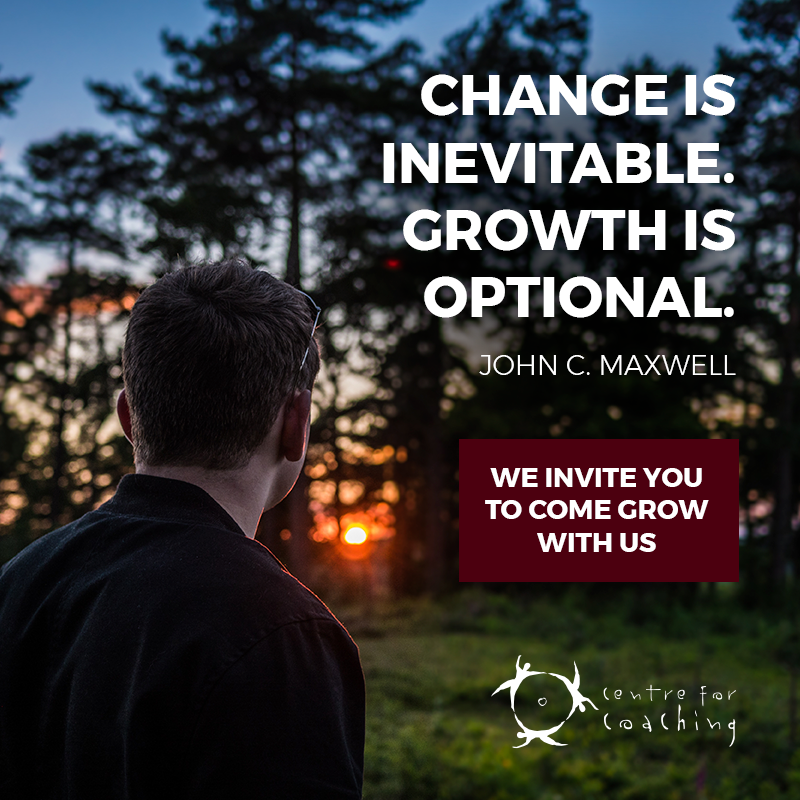Janine Everson, Director of the Centre for Coaching, explores in this sixth interview of a seven part series on The Secrets of Success in Coaching: “Dealing with a massive business crisis”.
In this example of exceptionally powerful coaching, Janine explores the case of dealing with a massive business crisis. Often in a crisis the temptation is to go it alone, fix it yourself. In this example, Janine explores how coaching helped a very senior executive identify and engage the support of others during a massive crisis, helping them get through, successfully.
You will find a full transcript of the interview below.
Daniel Schwenger:
Hello from the Dukascopy TV studio in Geneva. We’re talking about the Secrets of Success in Coaching with Janine Everson from the Centre for Coaching. Welcome again to the studio!
Janine Everson:
My pleasure.
Daniel Schwenger:
We have talked about that coaching is not to focus on the problem but on the person. Could you give us an example of how to coach somebody who is dealing with a massive business crisis?
Janine Everson:
Yes. How to coach them when they’re dealing with a business crisis and not be tempted into trying to “fix” the problem. And that’s the biggest temptation. Coachees come to us, and if we could just sort that out, then we would feel as coaches perhaps we’ve done what we need to do.
The problem is that may not be sustainable. So if I think of an example, I was coaching someone who was a general manager who was heading up and running a large organization in a country, and everything started going wrong. His supply chain started breaking down, his suppliers gave him trouble, his clients didn’t deliver, didn’t buy. His staff were giving him trouble, the head office didn’t support him, and he was feeling in a terrible, terrible space and things got worse and worse.
And when I asked him how he was thinking about it, what happened for him, he said to me, “But Janine,” he said, “I’m here and I’m fighting this. I’m waging this battle on my own. I’m fighting on the frontline. I’m the one in the trenches. This is a battle I’ve got to win. I’ve got to do it on my own.” He said, “If I show any weakness, my top team, the head office team is going to come and they’re going to cut me down. I can’t risk anything. It’s all or nothing.” And this language; he just kept using the language of war.
And so, I said to him, “You know, it sounds to me like you’re a warrior.” And he said, “Yes! That’s exactly how I am. I have to fight this battle and win.” And by the way, that is how he had run his whole business life before, and it had been very successful; it had never been a problem before. But then again, all these things hadn’t ever gone wrong before at the same time. Suddenly, he’s out of his depth.
And I thought, “What is it about how this person is in the world; how they think, how they feel, how they imagine life that is getting in the way? And so, my invitation to him was, “Can I invite you into a place where instead of living in the world as a warrior, what about if you lived in the world as a member of a community; as somebody who would naturally just interact with people in a different way?”
And I asked him, “When in your life are you a member of a community?” And he said, “Yes. Well, where I live, we have a very tight neighborhood.” I said, “Well tell me what happens. Imagine terrible things happen in the neighborhood and you have a problem. What would you do?” “Oh,” he said, “I’d pick up the phone to my neighbor, I would reach out to friends, I would ask for help. I would tell people what was going on in my house and for me. I would explain and we together would find a way forward as a community.” And I said, “So what might be different if you were to approach your work situation like that?”
And you know, it took a lot of courage for him because he was convinced initially that people would turn around and smash him down. But very quickly, he realised when he started doing this and he started reaching out, people didn’t. They jumped in and they wanted to help him. For the simple reason – is that if he failed, they also failed. Because then the business was in trouble. And he had forgotten that essential part. He had forgotten that he wasn’t alone. He’s part of the business. And it made a massive difference.
So he didn’t resolve the crisis himself. But as part of a community of top leaders, together, they were able to deal with all the crises that happened. And they got through.
Daniel Schwenger:
Thank you very much, Janine, for giving us this example of how coaching made a real difference.
Janine Everson:
My pleasure.
– END –




